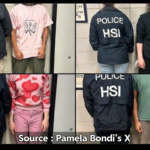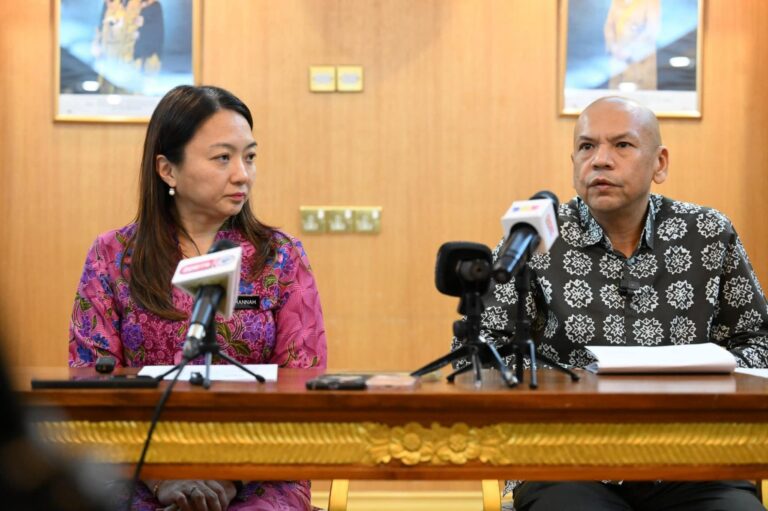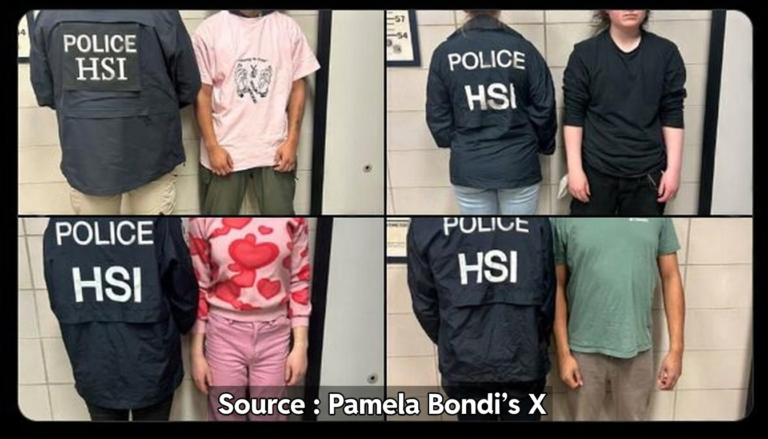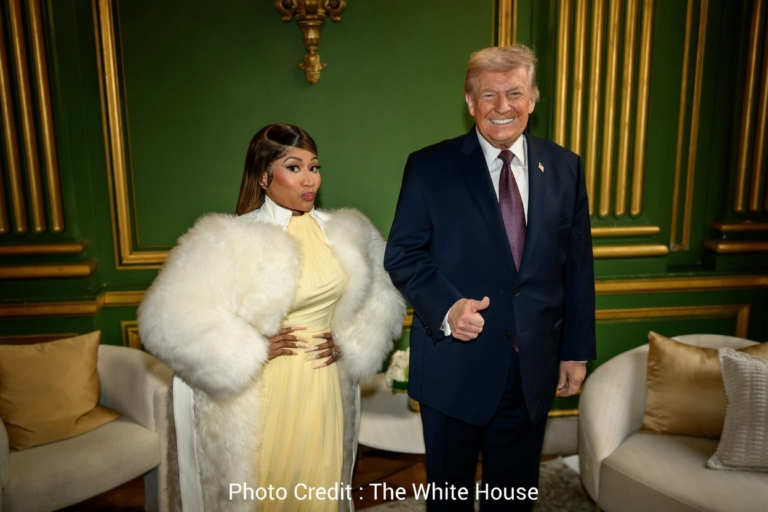
KUALA LUMPUR, Malaysia, Aug 27, 2025 — The Royal Malaysian Customs Department must shift its focus to combatting liquor smuggling instead of raiding private homes over personal alcohol collections, urged Tourism, Arts, and Culture Minister Dato’ Seri Tiong King Sing.
In a strongly worded statement, Tiong criticized the department’s recent reminder that possessing “excessive” liquor at home may violate the law, calling it a misdirected effort that ignores the real issue of illegal alcohol smuggling. He argued that such actions confuse the public and erode trust in existing laws.
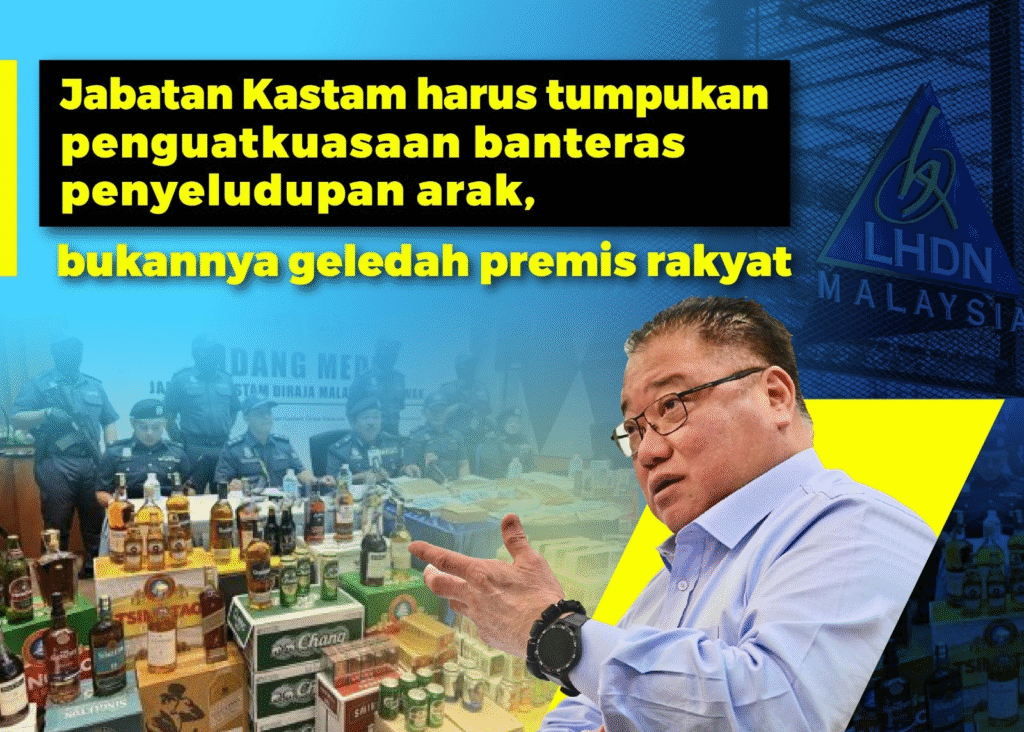
Under the Excise Act 1976, storing liquor for personal use is legal, Tiong clarified. However, he slammed Customs for using vague phrases like “may violate the law,” which he said misrepresents lawful activities as criminal. “Customs should enforce the law correctly, not instill unnecessary fear,” he stressed.
Tiong questioned whether Customs assumes large private collections automatically indicate intent to sell. “The law doesn’t specify a maximum quantity, and quantity alone shouldn’t determine guilt,” he said. He suggested authorities look for patterns, such as frequent bulk purchases of the same liquor, to distinguish between private collectors and illegal sellers. “By this logic, would sneaker or toy collectors need licenses too? It’s absurd,” he added.
The minister also called the requirement to retain purchase receipts for seven years “unrealistic,” noting that most households cannot comply. He pointed out that bottles already carry labels indicating whether duties have been paid, questioning why law-abiding collectors are treated as criminals. “Shouldn’t the law evolve with the times?” he asked.
Tiong highlighted that many so-called “excessive” collections are family heirlooms or bulk purchases for better pricing, not intended for resale. He accused Customs of wasting resources by targeting private homes instead of tackling actual smuggling operations. “This approach raises questions about their motives,” he said.
Sharing and exchanging drinks with guests is a cultural practice for Malaysia’s non-Muslim communities, Tiong noted, with some individuals collecting rare liquors as a personal hobby. “Customs is acting like petty tyrants, harassing ordinary citizens and spreading fear without justification,” he charged.
While acknowledging that some may illegally stockpile liquor for sale, Tiong urged Customs to pursue solid cases with proper evidence rather than intimidating the public. He emphasized that aged liquor improves in quality over time, yet the real threat lies in unsafe, smuggled alcohol flooding the market, which can endanger lives. “Why is it so hard to catch smugglers but so easy to target collectors?” he questioned.
Tiong called on Customs to redirect enforcement efforts toward eliminating smuggled liquor rather than policing private bottles. “The public pays taxes to see real issues addressed. Wasting energy on the wrong priorities only breeds frustration and distrust toward the government,” he concluded.




